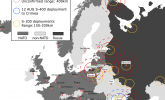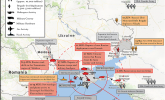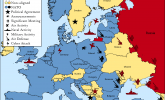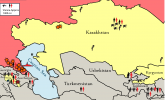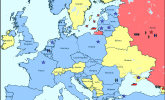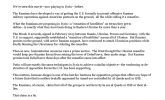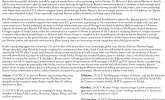December 9, 2016 - Franklin Holcomb The United States and its partners can improve regional security and stability in Eastern Europe by supporting the modernization and reform of the Armed Forces of Ukraine more aggressively. Ukraine has suffered from consistent Russian military aggression since Russia occupied the Crimean Peninsula and militarily intervened in the eastern Ukrainian Donetsk and Luhansk Oblasts in 2014. The overall unpreparedness of the Ukrainian military and its inability to match the capabilities of Russian forces allowed Russian and Russian proxy forces to gain a foothold in eastern Ukraine from which they continue to destabilize the entire country. The Ukrainian armed forces have been partially restructured and strengthened in the face of this constant pressure, enough to stabilize the front lines for a time. They require significantly more support of all varieties, however, if they are to stop the advance of Russia and its proxies permanently, to say nothing of reversing the armed occupation of Ukrainian territory.



